More on Nascent Iodine:
A deficiency in the trace element iodine may start out small. Your thyroid gland requires iodine to produce hormones. Low intake of iodine can cause a number of “mysterious” symptoms that may not at first result in disease. If the thyroid isn’t getting enough iodine, it can’t do its job. This will make other systems in the body to work harder to compensate.
The thyroid hormones are T3 and T4, which are made of 1 molecule of Tyrosine and 3 or 4 molecules of iodine respectively. T3 is the active hormone, but the thyroid produces mostly T4. Your body will then transport all T4 to your liver or kidney. Here the action of two enzymes, called deiodinases, will remove 1 molecule of iodine to synthesize the active T3.
Even minor iodine deficiency can affect ovulation, possibly causing infertility. Short-term symptoms of iodine deficiency may also include brain fog, tingling hands and feet, constipation and a slowed metabolism. Depression, anxiety, fatigue, insomnia, hair loss and weight gain may develop too.
Taking 1-3 drops of nascent iodine in a half glass of water each day, may be enough to correct a mild-to-severe iodine deficiency.
The World Health Authority recommends all women of childbearing age to supplement with iodine. This is critical in the first few weeks of pregnancy as well as when breast feeding.
Nascent Iodine dosages: 1 drop will give you 233% NRV. 1 bottle will provide 1500 servings!
For maximum benefit, you may want to add some L-Thyrosine and Selenium as well, as key co-factors in T3-4 production and iodine metabolism respectively.
Study:
If you would like to read a study on the effects of Iodine and thyroid function click HERE. This is from that study: “Micronutrients, mostly iodine and selenium, support thyroid hormone synthesis and function. Iodine is an essential component of thyroid hormones. Its deficiency is considered as the most common cause of preventable brain damage in the world. Nowadays about 800 million people are affected by iodine deficiency disorders. These include goiter, hypothyroidism, mental retardation, and a wide spectrum of other growth and developmental abnormalities. Iodine supplementation, under form of iodized salt and iodized vegetable oil, produced dramatic improvements in many areas. True even though iodine deficiency is still a problem not only for developing countries. In fact, certain subpopulations like vegetarians may not reach an adequate iodine intake. This is evident even in countries considered iodine-sufficient.
A reduction in dietary iodine content could also be related to increased adherence to dietary recommendations to reduce salt intake for preventing hypertension. Furthermore, iodine intakes are declining in many countries. Where, after endemic goiter eradication, the lack of monitoring of iodine nutrition can lead to a reappearance of goiter and other iodine deficiency disorders. Three different selenium-dependent iodothyronine deiodinases (types I, II, and III) can both activate and inactivate thyroid hormones. Making selenium an essential micronutrient for normal development, growth, and metabolism. Furthermore, selenium, as selenocysteine in the catalytic center of enzymes protecting the thyroid from free radicals damage. In this way, selenium deficiency can exacerbate the effects of iodine deficiency and the same is true for vitamin A or iron deficiency. Substances introduced with food, such as thiocyanate and isoflavones or certain herbal preparations, can interfere with micronutrients and influence thyroid function.”
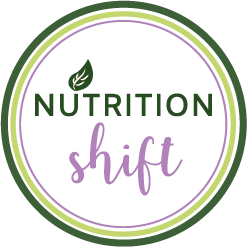
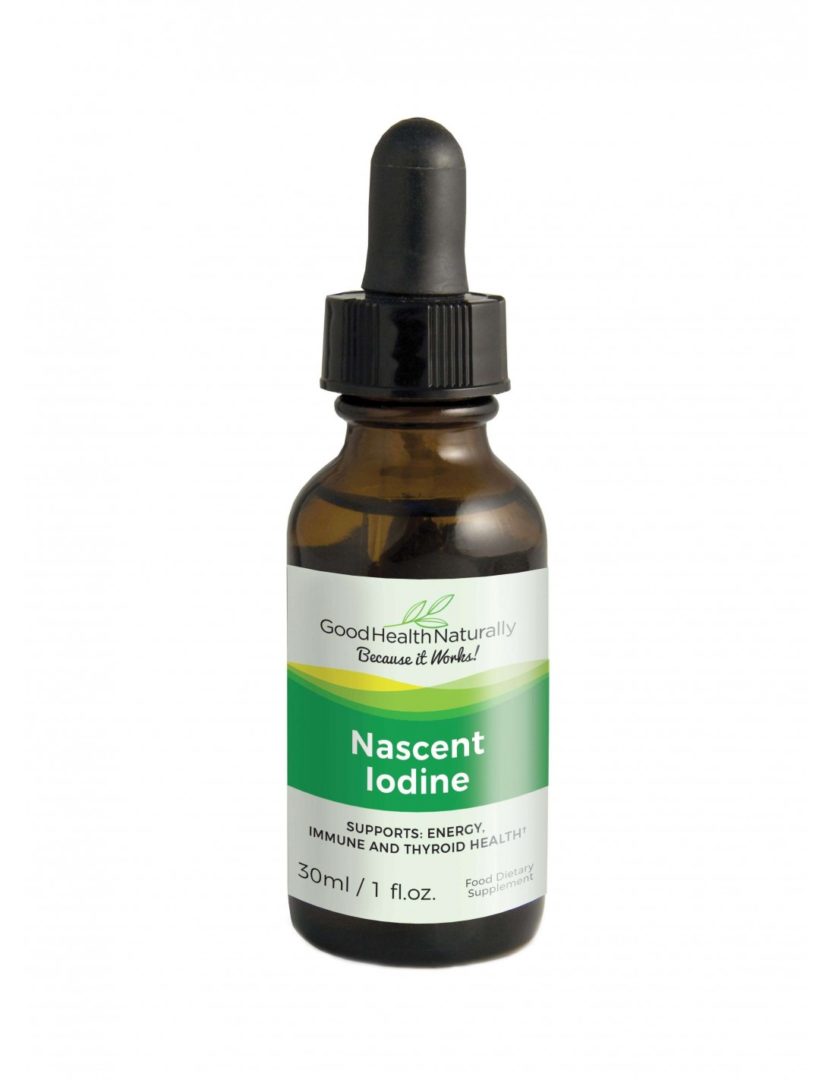
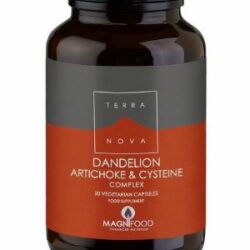
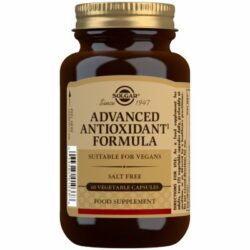
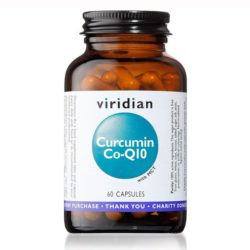
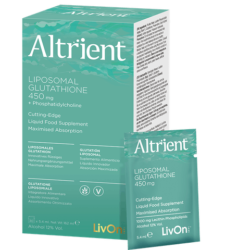
Reviews
There are no reviews yet.